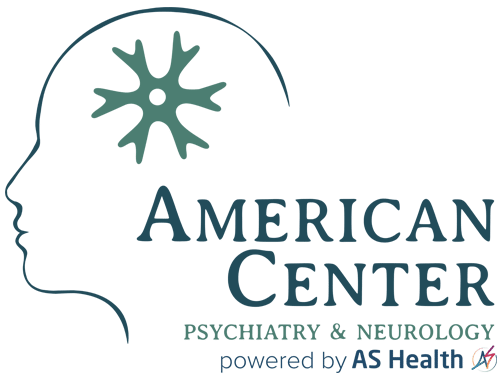Many children have sleep problems. Examples include:
- Frequent awakening during the night
- Talking during sleep
- Difficulty falling asleep
- Waking up crying
- Feeling sleepy during the day
- Having nightmares; or
- Bedwetting
- Teeth grinding and clenching
- Waking early
Many childhood sleep problems are related to poor sleep habits or to anxiety about going to bed and falling asleep. Persistent sleep problems may also be symptoms of emotional difficulties. “Separation anxiety” is a developmental landmark for young children. For all young children, bedtime is a time of separation. Some children will do all they can to prevent separation at bedtime. However, to help minimize common sleep problems, a parent should develop consistent bedtime and regular bedtime and sleep routines for children. Parents often find that feeding and rocking help an infant to get to sleep.
However, as the child leaves infancy, parents should encourage the child to sleep without feeding and rocking. Otherwise, the child will have a hard time going to sleep alone. Nightmares are relatively common during childhood. The child often remembers nightmares, which usually involve major threats to the child’s well-being. Nightmares, which begin at a variety of ages, affect girls more often than boys. For some children nightmares are serious, frequent, and interfere with restful sleep.
Sleep terrors (night terrors), sleepwalking, and sleep talking constitute a relatively rare group of sleep disorders, called “parasomnias.” Sleep terrors are different from nightmares. The child with sleep terrors will scream uncontrollably and appear to be awake, but is confused and can’t communicate. Sleep terrors usually begin between ages four and 12. Children who sleepwalk may appear to be awake as they move around, but are actually asleep and in danger of hurting themselves. Sleepwalking usually begins between six and 12. Both sleep terrors and sleepwalking run in families and affect boys more often than girls. Most often, children with these sleep disorders have single or occasional episodes of the disorder. However, when episodes occur several times a night, or nightly for weeks at a time, or interfere with the child’s daytime behavior, treatment by a child and adolescent psychiatrist may be necessary. A range of treatments is available for sleep disorders.
Sleep wake reversal may occur in some teens and may cause problems with daily life. Sleep can also be disturbed by mood disorders, PTSD, substance abuse, ADHD, and anxiety.
Fortunately, as they mature, children usually get over common sleep problems as well as the more serious sleep disorders (parasomnias). However, parents with ongoing concerns should contact their pediatrician or directly seek consultation with a child and adolescent psychiatrist.
Source: https://www.aacap.org



